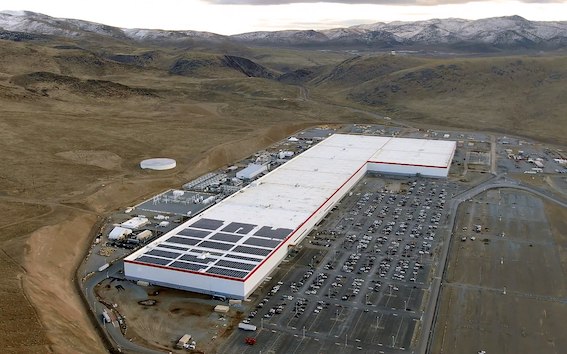
New Zealand builders will soon be able to replace plywood, particle board and plaster board, with low-carbon, environmentally-sustainable construction boards made from packaging waste such as used beverage cartons, soft plastics and coffee cups.
The technology to turn waste into high-performance building material was developed in the United States where it has been widely used for more than a decade.
The product was chosen by Tesla as the membrane roof substrate for its 200,000 sq m Gigafactory One in Nevada.
The roof equates to upcycling 2000 tonnes of composite plastics, and saves 336,000kg of embodied carbon dioxide compared to using plywood.
The waste-to-building material technology is being brought to New Zealand by saveBOARD, a new venture backed by Freightways, Tetra Pak and Closed Loop.
The first New Zealand saveBOARD plant will be located at Te Rapa, Hamilton, and its first production run is scheduled for late 2021.
The plant will save up to 4000 tonnes of waste from landfill every year, and 12 new jobs will be created initially, with more expected as the project grows.
Impact-resistant board
saveBOARD will manufacture an impact-resistant board with similar performance to plywood, OSB (oriented strand board) and particle board that can be used for interior and exterior applications.
Using proven, patented technology which has been operating for more than 12 years, the material is upcycled from waste into affordable, high-performance, low-carbon building materials.
saveBOARD co-founder and chief executive Paul Charteris says making high-performance, low-carbon building materials using 100% recycled materials from everyday waste is a game-changer that will transform the construction industry in New Zealand.
“It will enhance the construction industry’s drive towards more sustainable construction practices,” he says.
Environmentally responsible
saveBOARD is negotiating to receive waste material from large food and beverage companies that want to meet ambitious waste reduction targets and be more environmentally responsible.
Building a circular economy also requires backing from key industry partners. saveBOARD has funding and support from industry leaders who will provide recycled material, as well as transport and logistics solutions.



